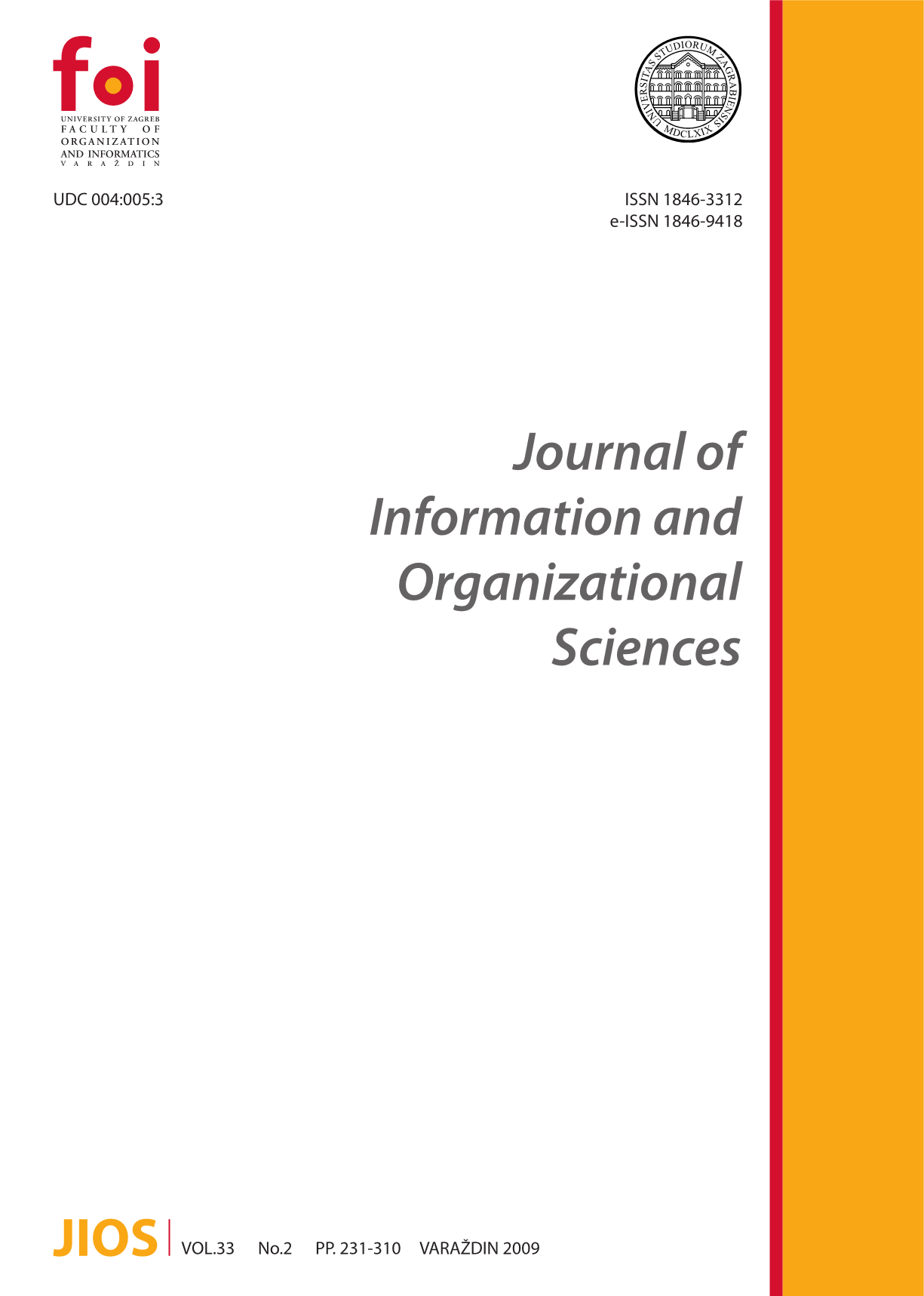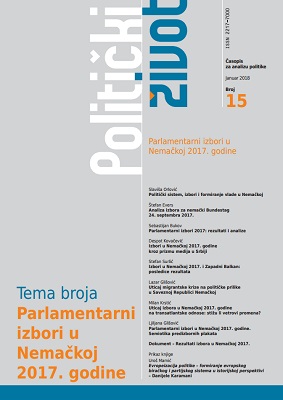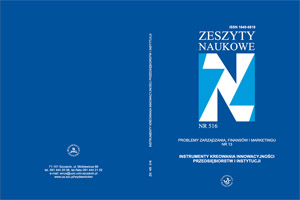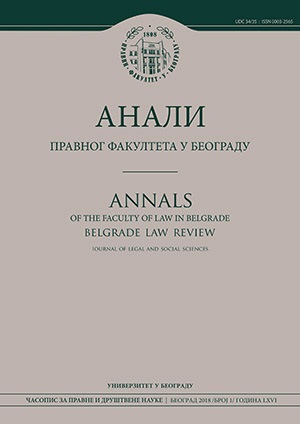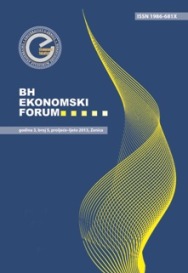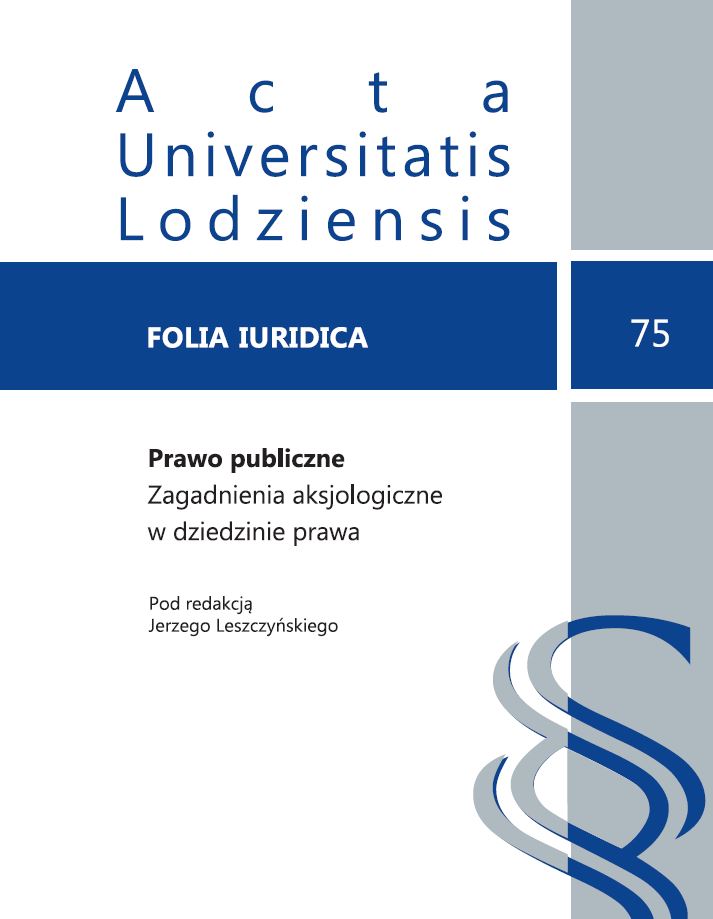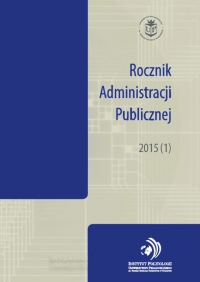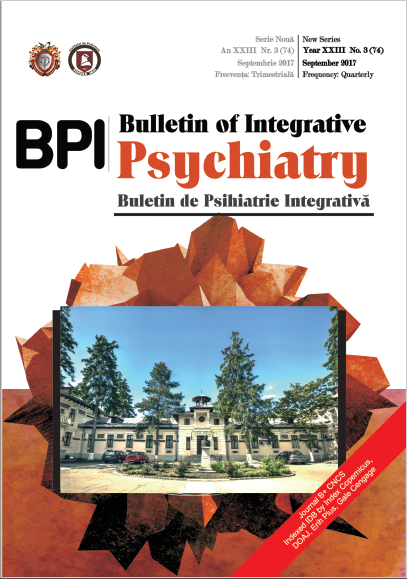
The Quality of the Healthcare Services in Romania in Comparison with EU. An approach from the perspective of patient, doctor and hospital management
In each and every country there is the possibility to improve the quality and performance of the healthcare system, as well as to increase the awareness of citizens, of the institutions providing healthcare and of the governmental institutions regarding this requirement. In the present paper we are going to investigate the opinions of the Romanian and European citizens regarding the quality of healthcare by a tridimensional approach on the quality of services: patient, doctor, and hospital management in order to identify solutions and strategies to improve healthcare services. This analysis is based on a 2014 Special Eurobarometer survey involving 27, 919 face-to face interviews across 28 European countries, including 1013 Romanian citizens.
More...
